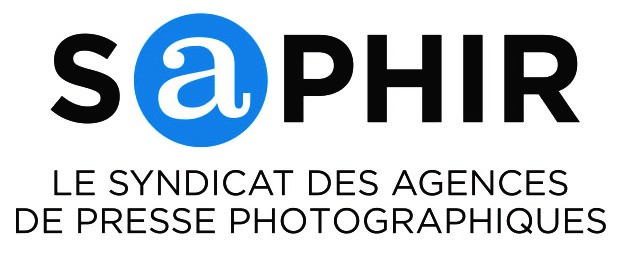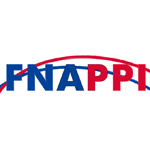France is the first country to have implemented in part the EU Copyright Directive by introducing the press publishers right in July 2019 (here) This right gives press publishers and press agencies the right to demand remuneration for short digital publications such as snippets shown in Google News.
However, on September 26th Google announced that rather than paying publishers they would change their product.
“We sell ads, not search results” wrote Richard Gingras at Google in this blog article here.
In another blog article Google explains the changes. These changes, they say, are compliant with the law.
“When the French law comes into force, we will no longer display an overview of the content in France for European press publishers unless the publisher has made the arrangements to indicate that it is his wish. This will be the case for search results from all Google services.
Press Publishers in France reacted promptly, accusing Google of abusing of their dominant position. European Publishers followed suit (here). Also the European Alliance of News Agencies published a press release in the same vein (here on the CEPIC website). By mid October French and German publishers joined forces issuing a common declaration (here in German). And finally the case for the publishers right reached the realm of high politic as a topic at the press conference of the French-German summit in Toulouse (here)
From a copyright point of view, advocates of Art.15 insist that the “spirit of the law” has been infringed and read Recital 58 of the Directive as countering Google’s position:
“Taking into account the massive aggregation and use of press publications by information society service providers,
it is important that the exclusion of very short extracts be interpreted in such a way as not to affect the effectiveness of the rights provided for in this Directive.“
The position of consumers groups and internet activists groups is different. They see their pre-Directive position strengthened. It was clear, they say, that history would repeat itself: hadn’t the publishers right been a failure in Germany and in Spain before?
Detractors of Art.15 of the EU copyright directive are right in one point: the EU law is flawed. It is flawed in the sense that, as a product of a compromise, the EU directive leaves too much leeway to interpretation. By completely excluding hyperlinks from their original proposition, the EU Commission planted the seed for future polemics.
Further reading |
















